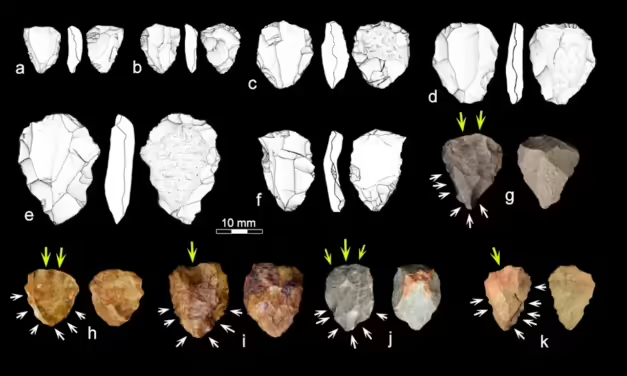Five Conspiracies that shaped our world
Reading time: 7 minutes
The world is a complicated place, and there are a lot of things out of our control. No wonder, then, that conspiracy theories abound, tales where shadowy forces control what happens, when it happens, and to whom. However, not all of these theories are all that theoretical, and there are plenty of examples of conspiracies that went far beyond the drawing board.













